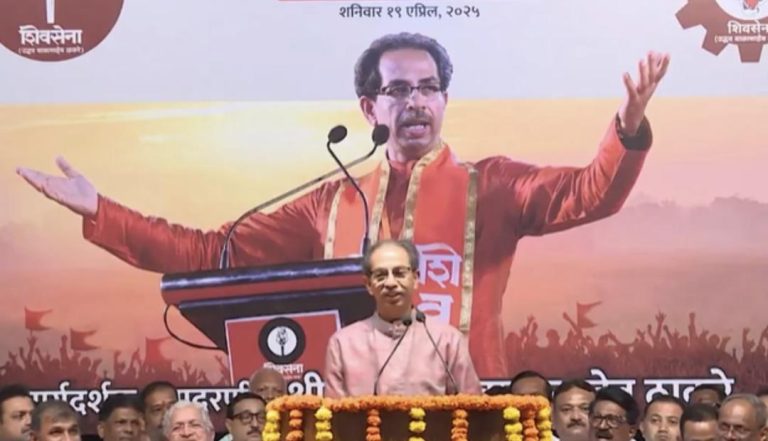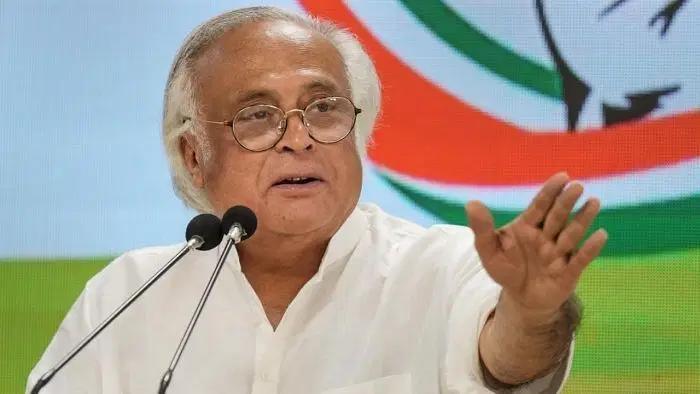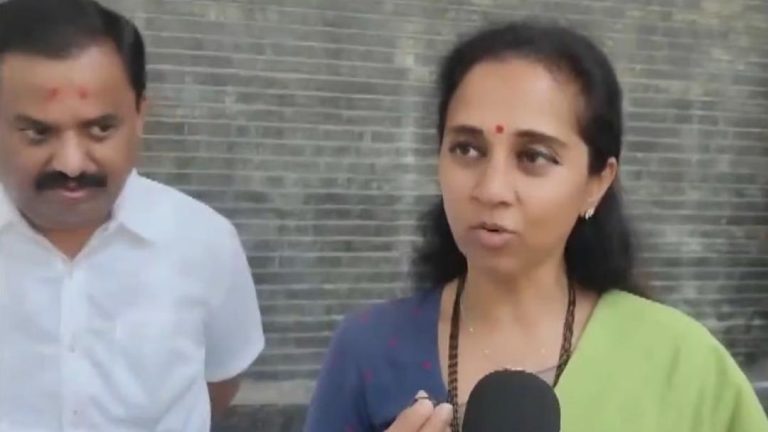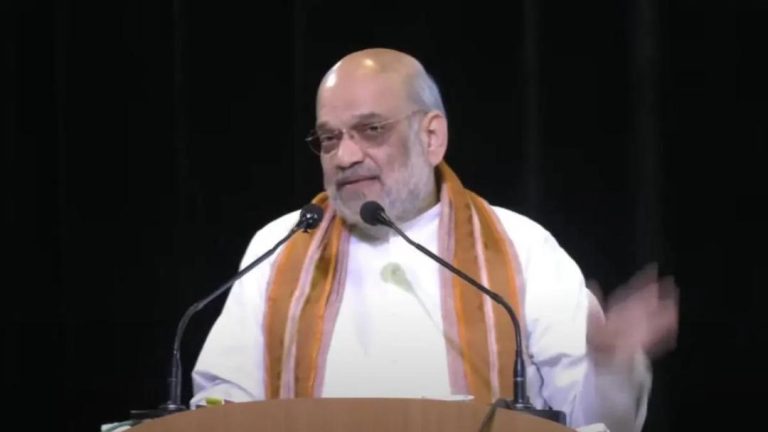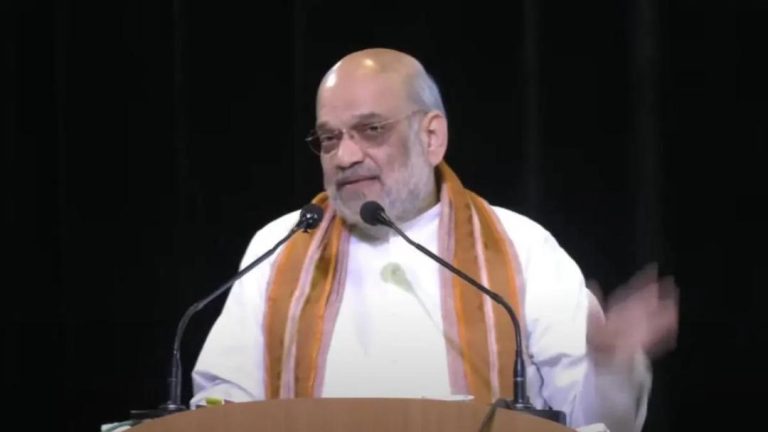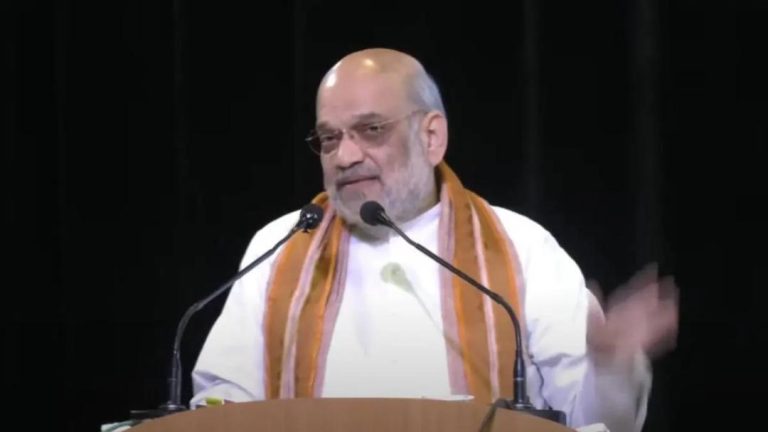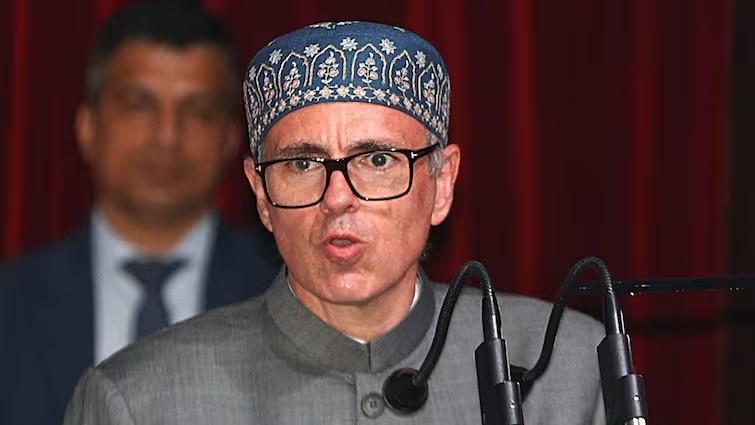
Normalcy in J&K Post Art 370 Abrogation is Forced, Not Organic: CM
The abrogation of Article 370 from Jammu and Kashmir’s constitution, which granted the state special status, was a significant move by the Central government. The decision was met with both praise and criticism from various quarters. While the government claimed that the move would bring peace and stability to the region, many others argued that it would lead to unrest and violence. In a recent statement, Jammu and Kashmir Chief Minister Omar Abdullah expressed his views on the current situation in the union territory, stating that the normalcy that has been achieved is “forced” and not organic.
Omar Abdullah, who was the Chief Minister of Jammu and Kashmir from 2009 to 2015, made these remarks in an interview with a news channel. He stated that if the normalcy in Jammu and Kashmir is indeed organic, then there is no other example like it. However, he added that if it is driven out of fear, then there is a problem. Abdullah also expressed his doubts about whether people believe that the normalcy is organic or not.
The abrogation of Article 370 was a major move by the Central government, which had been discussed and debated for several years. The article granted special status to Jammu and Kashmir, which allowed it to have its own constitution, flag, and laws. The government claimed that the move was necessary to bring peace and stability to the region, which had been plagued by violence and terrorism for several decades.
However, many critics of the decision argued that it was a violation of the rights of the people of Jammu and Kashmir. They claimed that the move would lead to the erosion of the state’s autonomy and cultural identity. The government’s decision to divide the state into two union territories, Jammu and Kashmir, and Ladakh, was also seen as a move to dilute the state’s identity.
The response to the abrogation of Article 370 has been mixed. While some people have welcomed the move, others have expressed their opposition. Many have argued that the move is a violation of the rights of the people of Jammu and Kashmir and that it will lead to unrest and violence.
In his statement, Omar Abdullah also expressed his concerns about the situation in Jammu and Kashmir. He stated that the normalcy that has been achieved is not sustainable in the long term. He added that the government’s decision to divide the state into two union territories is a move that will have long-term consequences.
The government’s decision to divide the state into two union territories has been widely criticized. Many have argued that the move is a move to dilute the state’s identity and that it will lead to unrest and violence. The government has defended its decision, stating that it was necessary to bring peace and stability to the region.
In conclusion, the abrogation of Article 370 from Jammu and Kashmir’s constitution was a significant move by the Central government. While the government claimed that the move would bring peace and stability to the region, many others argued that it would lead to unrest and violence. The current situation in Jammu and Kashmir is one of forced normalcy, rather than organic normalcy. The government’s decision to divide the state into two union territories has been widely criticized and has raised concerns about the long-term consequences.
